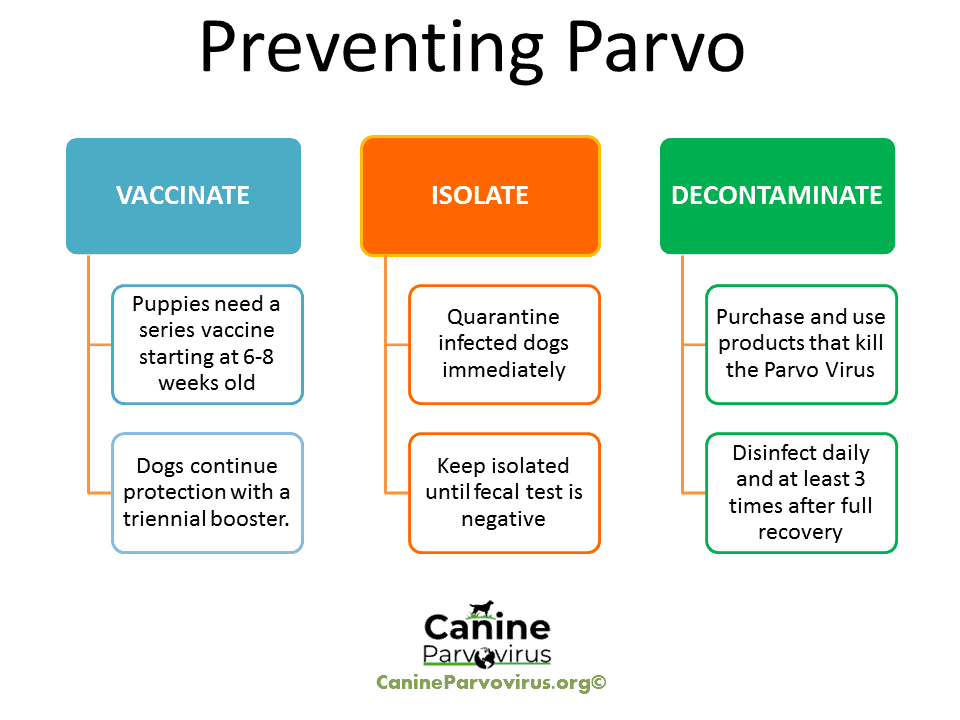In an age where medical advancements abound, the importance of vaccinations cannot be overstated. Yet, as misinformation proliferates, individuals often find themselves perplexed about their own vaccination needs. Understanding the multifaceted nature of vaccines is essential for maintaining optimal health, safeguarding oneself against preventable diseases, and contributing to the overarching goal of public health.
At the core of the vaccination dialogue is the distinction between routine and specialized vaccines. Routine vaccinations, such as those for influenza and tetanus, serve as vital shields against common pathogens. These vaccines are typically recommended for all individuals, targeting diseases with a high prevalence and significant morbidity. Conversely, specialized vaccines—like those for human papillomavirus (HPV) or varicella (chickenpox)—cater to specific populations or age groups, tailored to mitigate risks based on lifestyle, health conditions, or geographic exposure.
The realm of vaccines is replete with diverse formulations, including live attenuated, inactivated, subunit, and mRNA vaccines, each employing unique mechanisms to provoke an immune response. Live attenuated vaccines, derived from weakened forms of the virus, generate robust immunity but may pose risks for immunocompromised individuals. Inactivated vaccines, on the other hand, utilize killed pathogens, providing safety while still fostering immune recognition.
Furthermore, vaccine schedules vary, influenced by age, prior immunizations, and public health guidelines. The Advisory Committee on Immunization Practices (ACIP) and the World Health Organization (WHO) furnish comprehensive schedules designed to optimize vaccination timelines. Adhering to these schedules is crucial, as it maximizes immunity across populations and fortifies herd immunity—an essential buffer protecting those unable to receive vaccinations due to health concerns.
Amidst this intricate landscape, it is imperative to foster an open dialogue with healthcare providers. Patients should feel empowered to inquire about their vaccination history, assess any gaps, and understand the rationale behind recommended vaccinations. Personalized risk assessments can illuminate the necessity for boosters or additional vaccinations based on individual health histories and travel plans.
In the digital age, becoming informed is easier than ever, yet navigating through the plethora of sources can be daunting. Reliable websites, peer-reviewed journals, and discussions with healthcare professionals are invaluable resources for corroborating information. One should remain vigilant against misinformation that could lead to hesitancy—a concerning trend that jeopardizes both individual and community health.
Ultimately, ensuring that you receive the appropriate vaccinations is not merely a personal choice; it is a societal obligation. By staying informed and proactive, individuals not only protect themselves but also contribute to the collective health of the community. Regular consultations with healthcare providers can facilitate a tailored vaccination strategy that aligns with unique health needs, fostering a resilient society.
